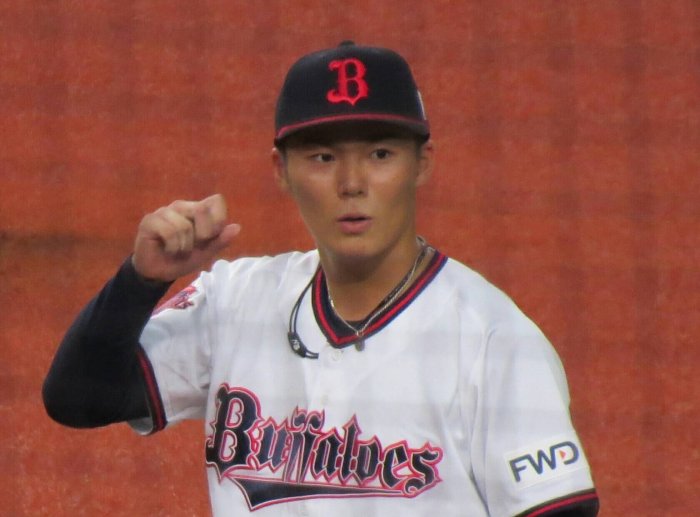QUEENS — To the right of Mets manager Buck Showalter’s desk sits a little piece of paper that lists everything the organization needs to know about Kodai Senga’s baseball-playing past in Japan and what they’d like to find out about him here in the United States — whether it’s how many innings he’s thrown in past Nippon Professional Baseball seasons, how many starts he made each year and projections on where the Mets would like his workload to end up in the majors.
Amalgamating Senga, who pitched 11 years in Japan before making the jump to the Mets, has been a cautious and delicate process at times.
The 30-year-old right-hander who had pitched just once a week for the Fukuoka SoftBank Hawks and threw more than 148 innings just twice has only pitched on regular rest three times during his rookie season in the majors. He’s averaging approximately 5.2 innings per start, though it’s coming on an average of 94 pitches and within a busier schedule.
“That’s a question that we try to stay on top of and there’s some unknown there,” Showalter said. “You look at how many pitches he’s thrown in outings with more rest in Japan compared to less rest, less innings, less pitches. You’re trying to make it up there. He’s pitched on four days’ rest three times.”
Regardless, Senga has thrived under the Mets’ experimental workload. He went six innings on Sunday night against the high-powered Atlanta Braves, who outscored New York 34-3 in the first three games of the series, allowing just three runs on four hits with seven strikeouts and two walks.
All three of those runs came in the first inning on a bases-loaded-clearing double by Marcell Ozuna. Senga proceeded to retire the next 13 batters he faced into the fifth inning to finally stymie the best offense in baseball.
The strong outing dropped his rookie-season ERA to 3.30 — he’s gone nine straight starts allowing three runs or fewer — while raising his innings-pitched total to 122.2. That projects to raise his total by season’s end between 160 and 170 innings. All the while, the team will continue to value all of his metrics, whether that’s spin rate, velocity, pitch shapes, and workout data.
Expect the Mets to continue to be cautious in the final stretch of the 2023 campaign. While Senga has been a rare bright spot in the disappointing season, the Mets are simply playing out the remainder of their schedule — and any deviation from Senga’s metrics should prompt an ease-up.
For now, though, Senga wants things to be full steam ahead.
“I feel strong on the mound, and I think I can get through this season on a high note,” Senga said after his start on Sunday night through an interpreter. “On-field care, off-field care, I think I’m doing what I can to maintain my high performance on the field.”
































